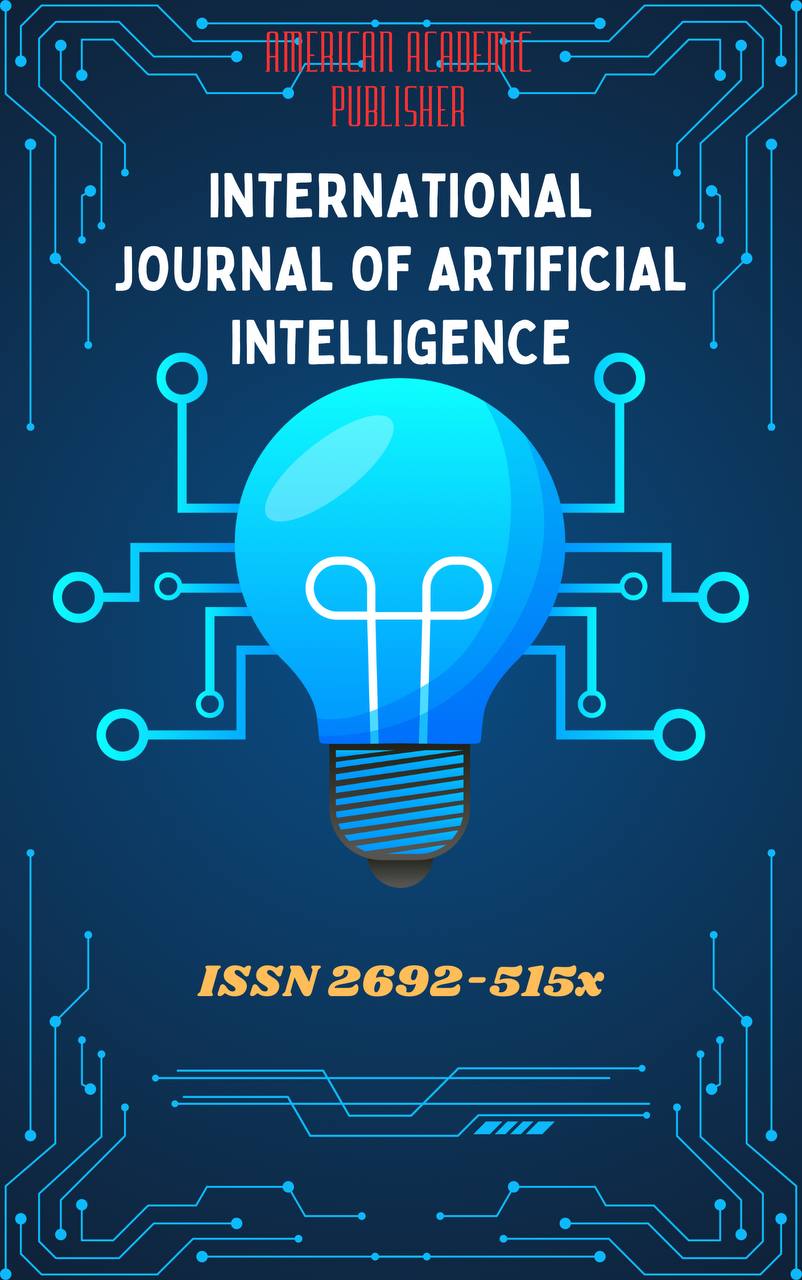 Articles
| Open Access |
Articles
| Open Access | THE IMPACT OF THE HIDDEN ECONOMY ON THE SOCIO-ECONOMIC DEVELOPMENT OF REGIONS
Madaminova Dilfuza Iminjanovna , Chief Adviser, Department for Socio-Economic Development of Regions and Budgetary Affairs, Senate of the Oliy Majlis, Republic of UzbekistanAbstract
This article analyzes the theoretical foundations of the shadow economy, the factors influencing its formation, and its socio-economic consequences. Comparative experiences of Uzbekistan and foreign countries are examined, and recommendations for reducing the shadow economy are proposed.
Keywords
shadow economy, tax system, digital economy, social consequences, economic reforms.
References
World Bank (2023). Shadow Economy in Developing Countries. Washington, DC.
IMF (2022). Measuring the Informal Economy. Working paper.
Schneider F., Enste D. The Shadow Economy: An International Survey. Cambridge University Press, 2000.
Medina L., Schneider F. Shadow Economies Around the World: What Did We Learn Over the Last 20 Years? IMF Working Paper, 2018.
Kaufmann D., Caliberda A. Integrating the Unofficial Economy into the Dynamics of Post-Socialist Economies. World Bank, 1996.
Schneider, F. (2019). The Shadow Economy: An International Survey. Cambridge University Press.
Decision of the President of the Republic of Uzbekistan "On measures to improve the tax-budget system" (2023).
Data from the National Statistics Committee of the Republic of Uzbekistan (2022–2024).
Reports from the Ministry of Economy and Finance (2024)
Article Statistics
Downloads
Copyright License

This work is licensed under a Creative Commons Attribution 4.0 International License.

